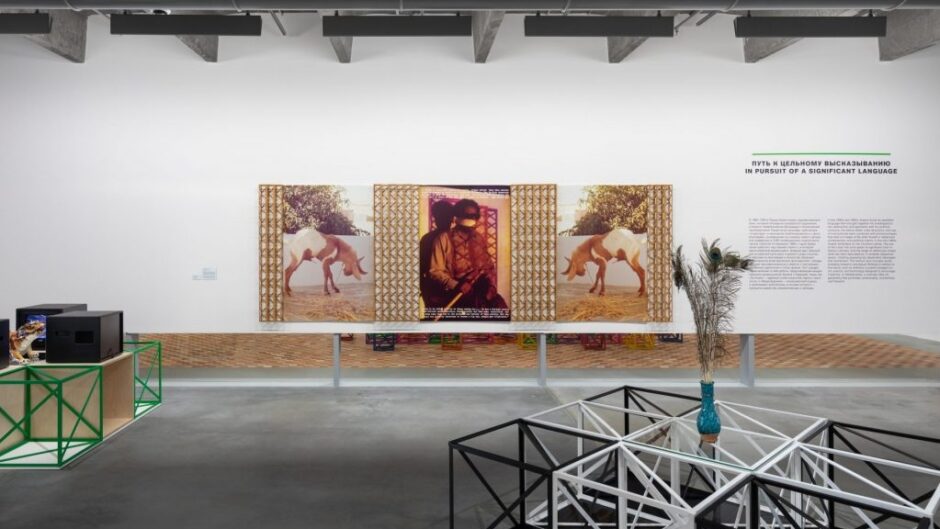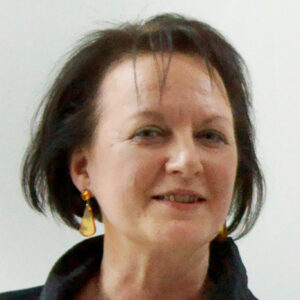This course focusses upon the Conceptual movement of the late twentieth century and its and impact in the present. The shift in art to conceptual practices and those of ‘institutional critique’ will be studied as they expand globally, reaching artists in Eastern Europe, Latin America or ex-Soviet countries extending to Asia or China.
Within a small-group teaching environment, in the first semester, we will explore the contributions of Mallarmé and Duchamp and their heritages culminating in the major exhibitions that established Conceptual Art involving pioneer Joseph Kosuth. Paradigm-changing exhibitions will be studied, such as ‘When Attitudes become form’ (Berne, 1967, revisited in Venice 2013), ‘Les Immatériaux’ (Paris, 1985) and ‘Magiciens de la Terre’ (Paris 1989), which preceded ‘Global Conceptualism’ (New York), 1999.
In the second term, we will turn to distinct geographical phenomena, such as Moscow Conceptualism (Ilya Kabakov). The break with humanism and turn to conceptual practices around the Holocaust will be traced in the work of artists in France, Germany, Hungary or Poland (Christian Boltanski, Jochen Gerz, Lazlo Lakner or Miroslaw Balka). Socialist realism will be considered as the point of origin for contemporary post-Communist art practices and the developing of a discourses around memory and imperialism, where Cold War antagonism subtends contemporary debates. ‘Romantic Conceptualism’ (Bas Jan Ader) and the new discourses around ‘Extraction’ and the ‘Forensic’ will also feature, as will questions of identity and gender (Susan Hiller, Michel Journiac). The interrogation of ‘post-conceptualism’ and conceptual legacies will be pursued by visiting conceptual artists and scholars. Exhibitions or conferences to visit will be suggested throughout the course.
Students will learn how to use complex terms and arguments confidently, acquire critical skills by comparing critical texts of the period or written in retrospect, curatorial skills through examination of exhibitions and displays. They will learn how to answer questions relating to the conceptual content visible or implicit in contemporary art in various media: painting, installation, sculpture, photography video or language itself.
This course may appeal to students who seek to acquire a repertoire of historic and contemporary ‘global’ art world experience. It welcomes students of all cultures and backgrounds, who will profit from previous dissertations supervised, for example, on practices in Korea, the Philippines, Mexico or Kazakhstan, beyond US-European axes, and where their own language skills have been valuable. Students from this course have been successful in obtaining prestigious grants, curatorial positions and gallery posts. Previous study trips have included visits to the Venice Biennale, Asia Art Fair and Paris Art Basel, Warsaw, Wroclaw, and elsewhere.
In the event that a course leader is on sabbatical, takes up a fellowship, or otherwise is not able to teach the course, they will be replaced by another experienced course leader either for a semester or, in some cases, the academic year.
This year the Autumn semester will be taught be Jacob Badcock.
Please note: whilst many Special Options will include site visits within the UK and further afield, these are subject to confirmation.

